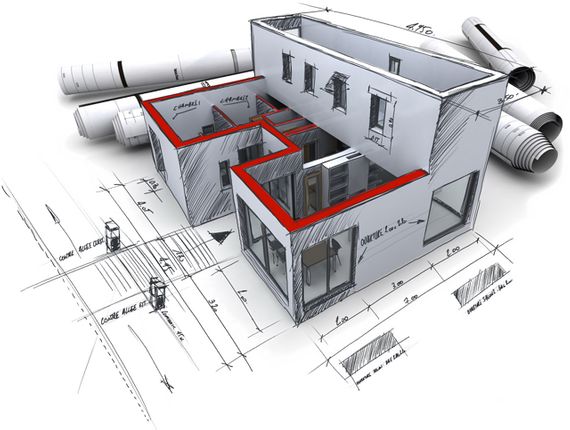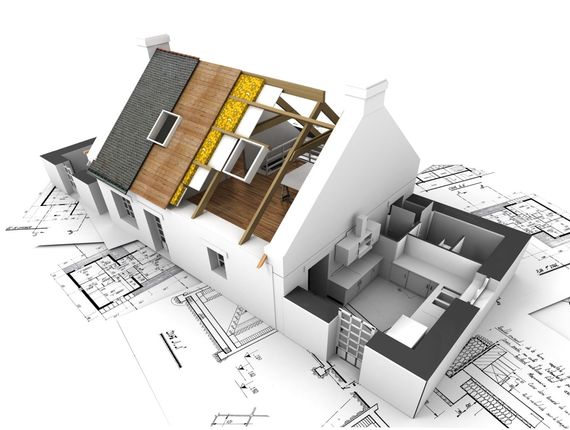Finance plays a critical role in the purchase of your home. The important issues that are to be considered include modes of arranging finance and its implications on taxation.
Here are a couple of options :
Use your own funds : If the house is being acquired out of the sales proceeds of an earlier house, the exemption from the long-term capital gain tax on the sale of the earlier house can
be claimed under u/s. 54. To claim this benefit, the new property should be acquired one year prior to selling or two years after the date on which the transfer of the earlier house takes
place. If the new house could not be acquired within a period of one year from the sale of the earlier house, the sales proceeds should be deposited in a bank or institution, which runs Capital
Gain Accounts Scheme approved for this purpose. Other issues also need to be considered. For example, if the person acquiring a house already holds another house, then every year, one of
the two house properties would be deemed to be let out (u/s. 24) of income tax act and the let-out value shall be treated as income. Hence, appropriate tax planning should be considered.
Further, in the case of individual or HUF (Hindu Undivided Family), exemption is provided from long term capital gain tax u/s. 54F on sale of any long term capital asset, if sale proceeds
are invested in acquiring a house within prescribed period.
Taking a bank loan : Interest paid on housing loan can be claimed as deduction under u/s. 24(b) to the maximum extent of Rs. 1,50,000 per year. Such limit is per person and not for one
property. Hence, a loan can be taken in two joint names for one house to claim deduction of Rs. 1.5 lakhs each for both the persons repaying the loan. Repayment of the principal amount of
housing loan is also eligible for the rebate u/s. 88 subject to a maximum sum of Rs. 20,000/- per year.
In taking a housing loan, the following issues need to be considered
Bank or financial institution offering loan: It is generally safe to take a loan from one of the leading financial institutions.
Rate of Interest: The rate of interest on housing loans is currently (2006-2007) between 9.5% to 11.5% depending on the tenure of the loan, fixed/floating rate, credit profile of the borrower
etc.
Fixed/Floating: You can either opt for a fixed or floating rate of interest. The fixed rate is generally 50-75 basis points higher than the floating rate. The floating rate is linked to the PLR(Prime
Lending Rate) of the lending institution.
Processing fees: Processing fees is charged by financial institutions for verifying the title report, financial performance, valuation of flat and so on. This fee can be up to 1% of the loan
amount. During special periods like property exhibitions, banks and financial institutions offer special interest rates and waivers/concessions in processing fees, so buyers can benefit from
such offers.
Tenure of the loan : The tenure of the loan should be decided by the buyer after taking into consideration various things like repayment capacity per month, earning potential over the next few
years, other financial commitments like weddings, children’s education etc. The expected outflow on property maintenance should also be considered.
Generally, housing loans are available ranging from 5 years to 25 years. Some banks also offer step-up housing loans which charge a lower EMI for the initial years which gets increased for the
later period. Such loans are generally considered favorably by those house buyers who are in the early stage of their careers and who expect earnings to improve significantly over a period
of time.
Other aspects : Consider the percentage of the cost of house that is available as loan etc. Some banks offer up to 95% cost of the house by way of loan. Another important factor is financing
for the interior work, furniture etc. Some institutions have started providing a composite loan that extends over the cost of interiors and design.












